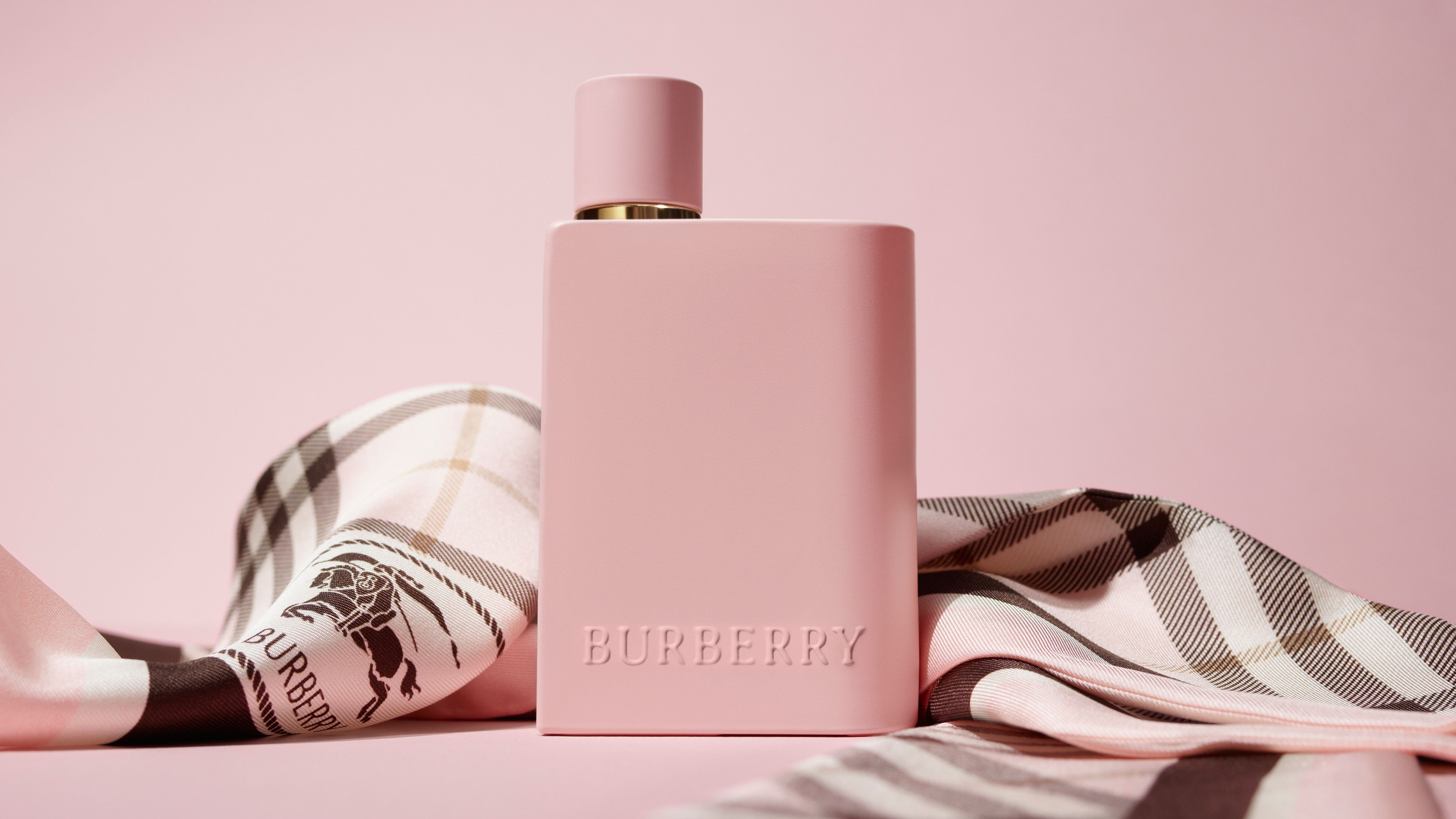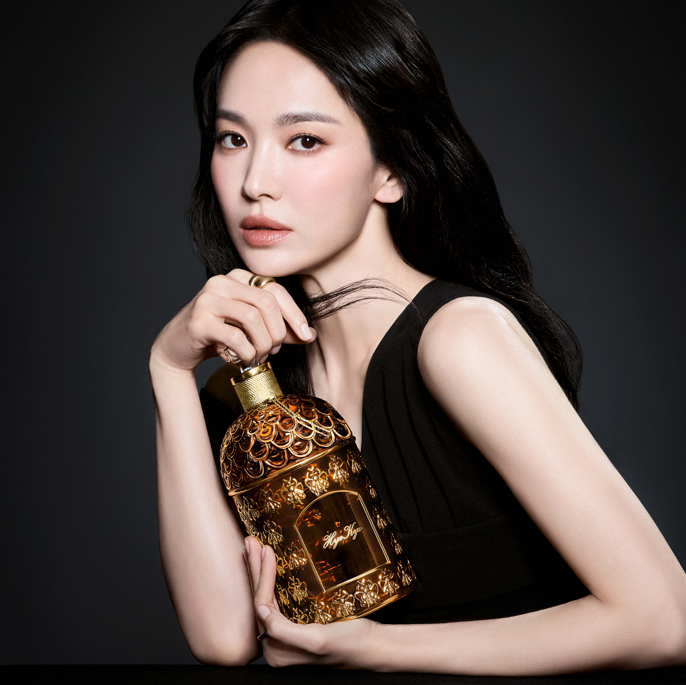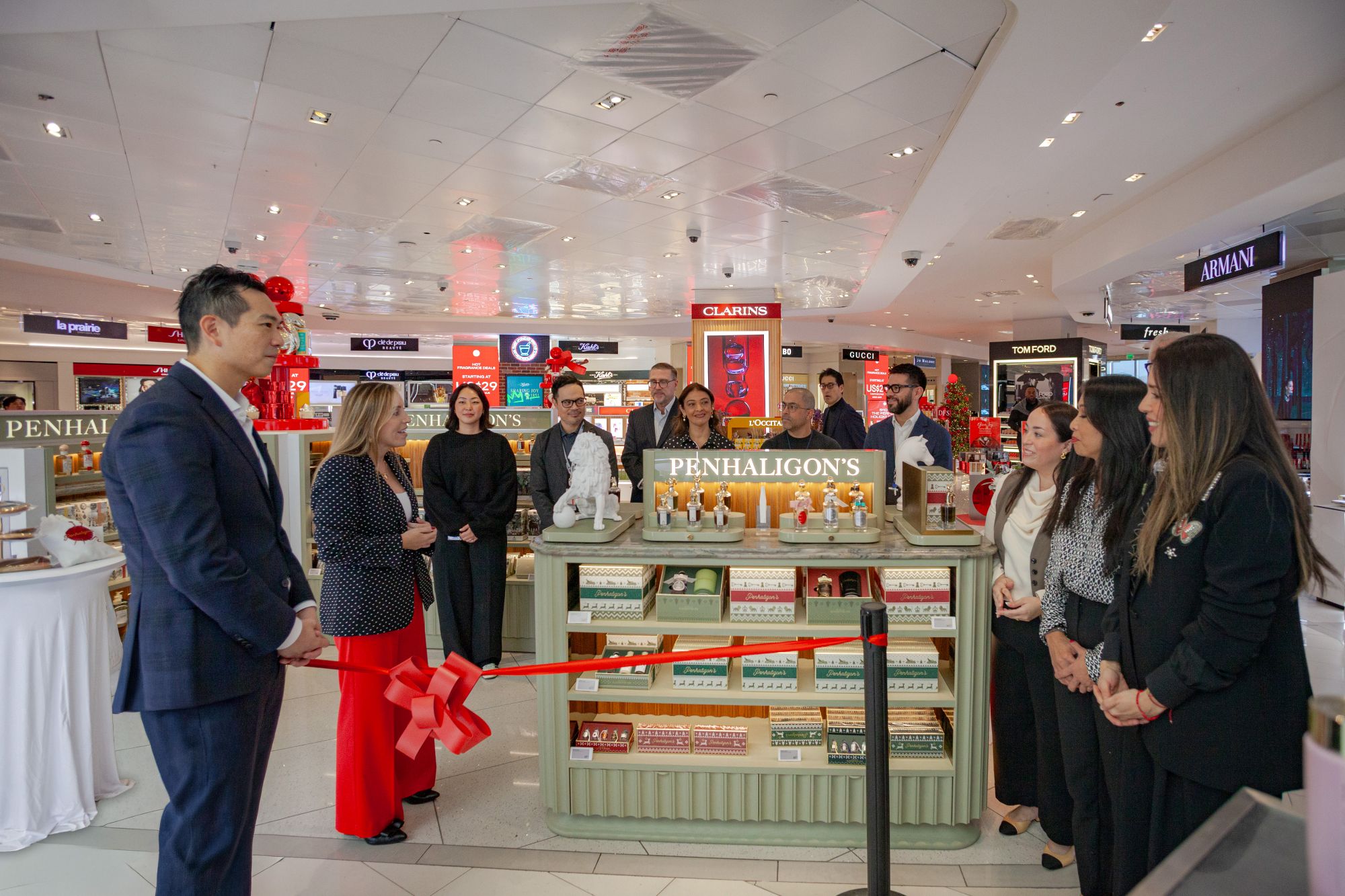September 30, 2025
GTR Magazine examines the medicalization of beauty and the trend’s increasing presence in travel retail
Driven by the rise of dermacosmetics, the medicalization of beauty sees healthcare professionals playing a role in shaping beauty norms. We turn to the experts to learn more
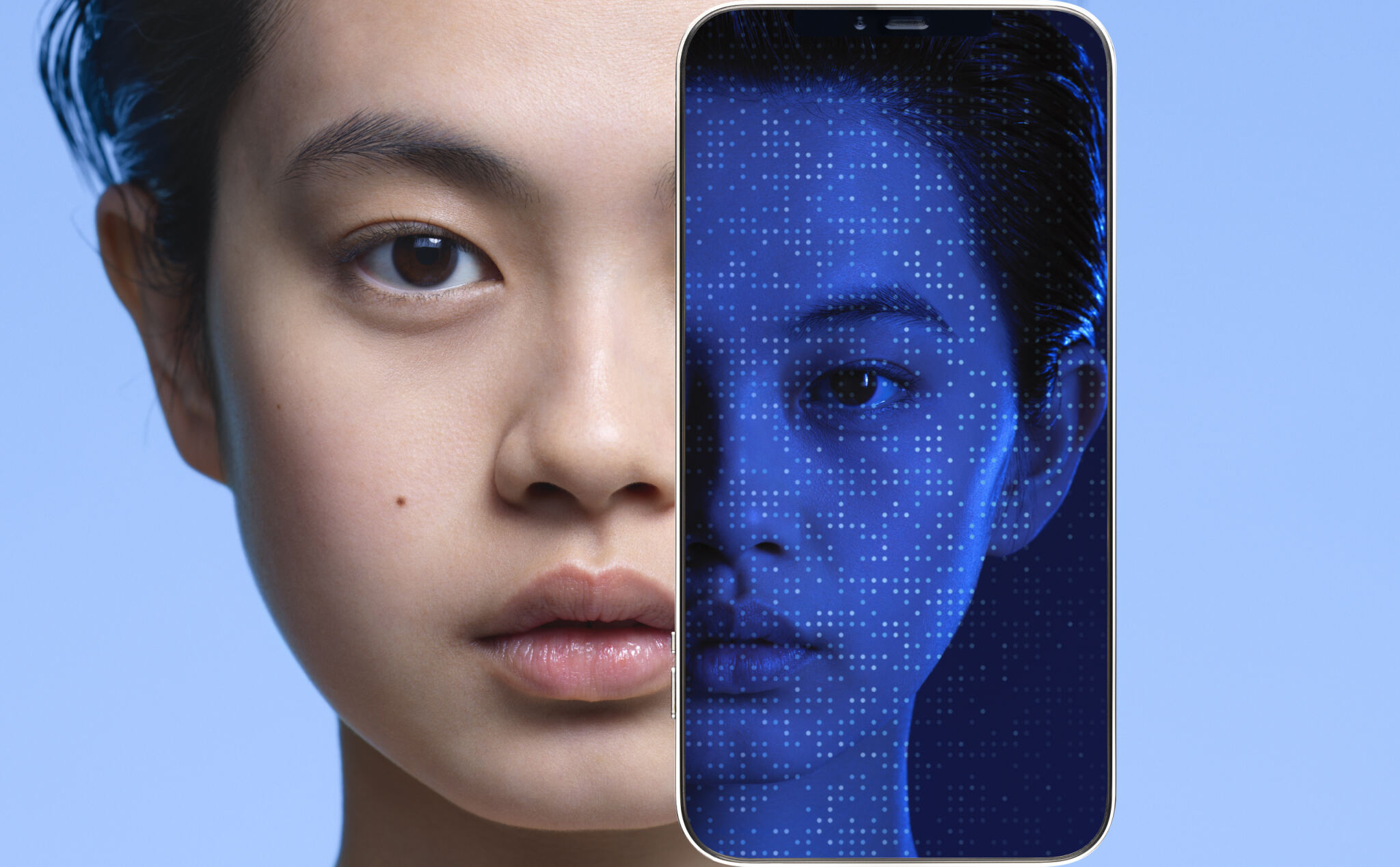
Described as a holistic, inclusive and conscious approach to self-care, today’s era of “new beauty” goes beyond purely aesthetic concerns to target skin health concerns and embrace wellbeing, sustainability and authenticity. Based on a fundamental shift toward a more precise outlook on beauty, Anne Laure Lecerf, General Manager at L’Oréal Travel Retail Worldwide – Dermatological Beauty and Professional Products Division, says “new beauty” emphasizes useful, safe and effective products and tools that are often developed with healthcare professionals and clinically proven. “Our distinctive strength and the core of our value proposition in the current skincare market lies in our medical approach to treatment, directly addressing the growing consumer demand for scientifically validated skincare solutions,” she adds.
This approach is adopted by brands in the company’s Dermatological Beauty division including La Roche-Posay, SkinCeuticals and CeraVe. Lecerf remarks, born medical and recommended by dermatologists, the first two brands are sought after more and more by savvy consumers in the quest for efficacy, making beauty an extension of healthcare.
Recognized as a fusion of aesthetics and medical science, Caroline Siri, Director at Clinique Nescens, notes this new generation of beauty is a concept where wellbeing, prevention and rejuvenation go hand in hand. As one of the flagship clinics within Swiss Medical Network, the philosophy of Clinique Nescens is influenced by the clinical insight of Professor Jacques Proust, the pioneer behind the Nescens Cosmeceuticals range. “His vision, grounded in cellular aging science, has helped shape a beauty concept that is preventative, personalized and rooted in measurable results,” she notes.
“Today’s consumers – especially in travel retail – are looking for beauty solutions that nourish both skin and soul, grounded in science but inspired by nature,” says Mona L’Hostis, Director of Marketing, Global Travel Retail, L’OCCITANE Group. “At L’OCCITANE Travel Retail, this philosophy is reflected in our diverse portfolio: L’Occitane en Provence champions natural ingredients and sensorial rituals; ELEMIS blends cutting-edge science with luxurious formulations; and Erborian fuses Korean skincare innovation with effortless routines. Together, these brands represent a shift from cosmetic quick-fixes to meaningful, results-driven self-care.”
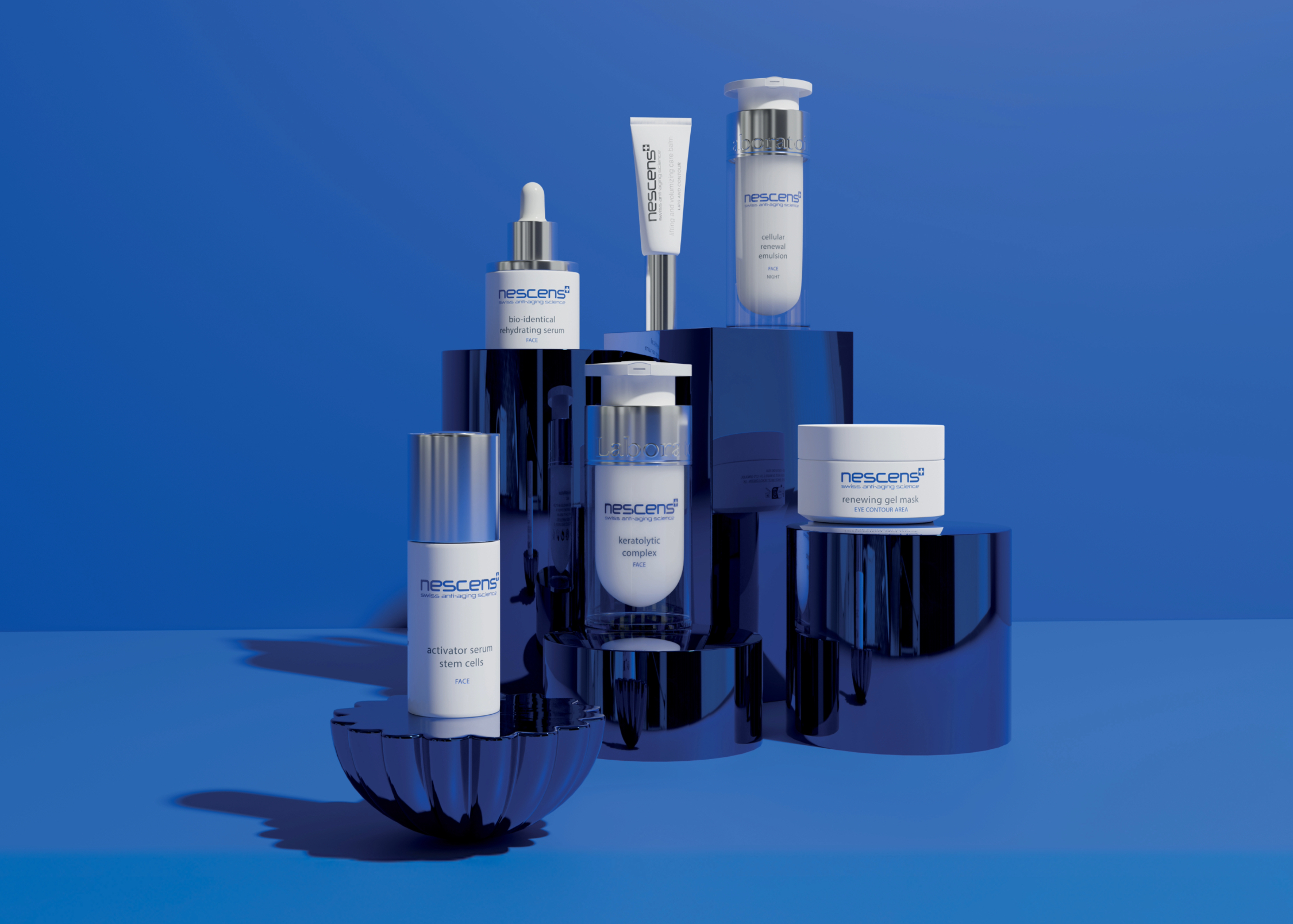
Prevention and preservation
Driven by growing consumer literacy, alongside the rise of dermocosmetics and active ingredients, and the integration of advanced diagnostic tools, the line between beauty and medicine has become increasingly blurred in recent years. The evolution of skincare has led to products that deliver results once only possible through clinical procedures, as well as the move of preventative beauty from the niche to the mainstream market.
According to Siri, the two fields have never been more interconnected and this integration is part of Clinique Nescens’ DNA. The Nescens Cosmeceuticals range exemplifies this shift. “With advancements in anti-aging science, hormonal therapies and regenerative skincare, consumers now expect clinical credibility behind the products and treatments they choose,” she says.
When it comes to the medicalization of beauty in travel retail, L’OCCITANE Travel Retail is seeing an increase in demand for multi-functional products that prevent skin aging, support the skin barrier and boost long-term health. L’Hostis says the integration of skin diagnostics and AI-based recommendations is a key consumer trend, allowing passengers to receive more personalized, preventative care – even in-transit.
“Our brands reflect this shift: ELEMIS is celebrated for its anti-aging and skin-fortifying ranges, while Erborian offers hybrid skincare that blends makeup and derm-grade skincare to prevent rather than mask issues. Consumers are no longer just treating symptoms – they're proactively preserving their skin’s health and also learning to feel comfortable and confident in their own skin,” she continues.
The medicalization of beauty in the travel sector presents a unique and strategic opportunity for skincare brands to highlight their expertise and to offer effective, scientifically-driven solutions says Lecerf. Elaborating on this point, she refers to dermatologist-recommended global skincare and suncare leader Roche-Posay, and the release of the brand’s Anthelios UVAir Daily Invisible Fluid SPF50 earlier this year.
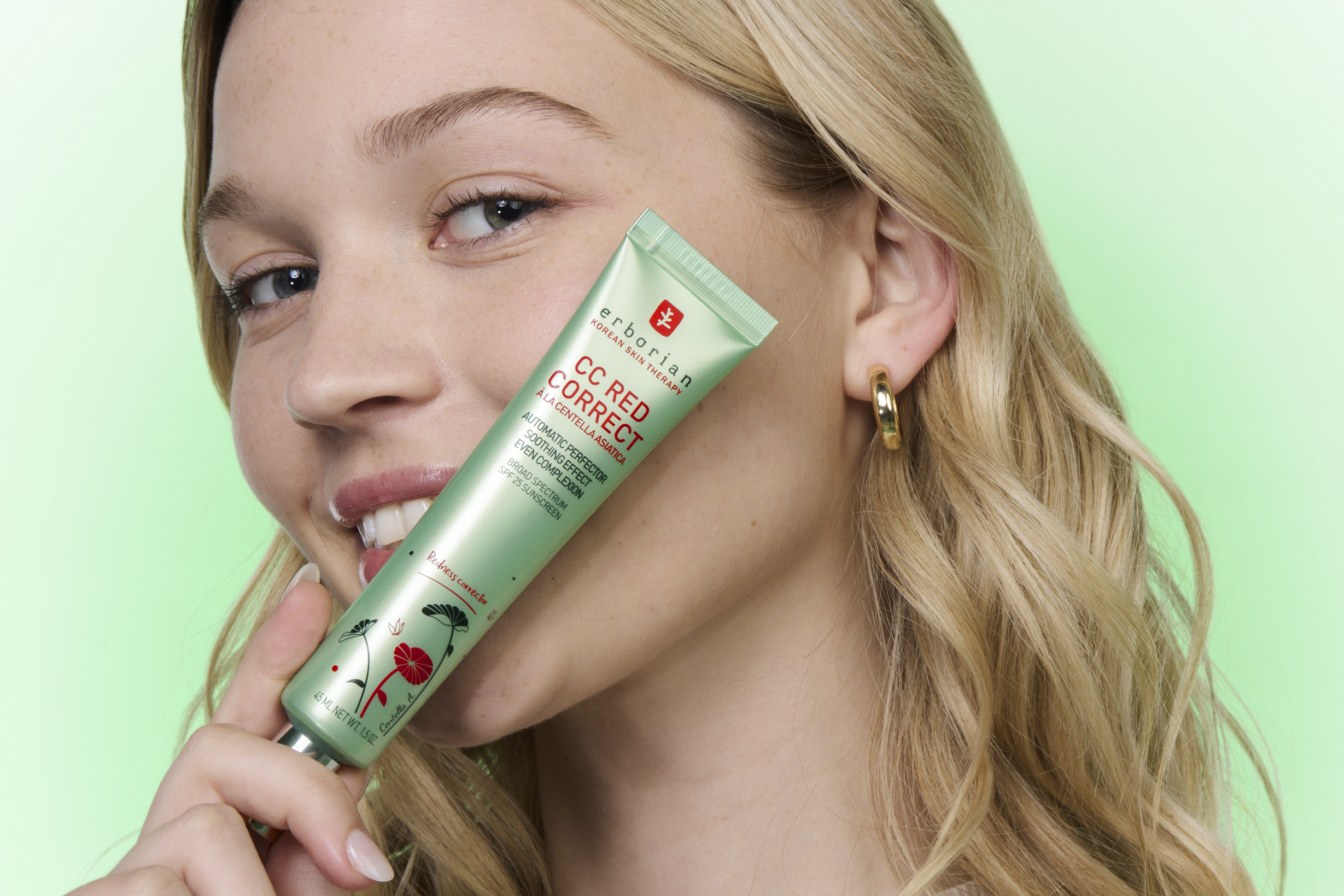
Responsible messaging
As shared by L’Hostis, shoppers are asking more informed questions and expecting transparent, science-led answers. She remarks, “Consumers want to know what’s in their products, how they work, and the science behind them. At L’OCCITANE Travel Retail, our focus is on education and storytelling.” With the support of in-store visuals, digital content and trained beauty advisors, the company brings to life clinical trial results and before-and-after studies in the travel retail channel while reinforcing its commitment to evidence-backed beauty.
Speaking about how the industry should ensure responsible messaging and marketing in a space where beauty treatments are increasingly medicalized, L’Hostis states, “As the beauty industry adopts more clinical language, we must ensure our messaging is honest, respectful, and where relevant, rooted in science.” The group’s brands look to elevate the conversation around beauty with integrity and a sense of responsibility, whether it’s through ingredient transparency, sustainability commitments or wellness-led language.
“The scientific foundation is what makes [Clinique Nescens] so trusted, particularly among discerning international travelers. In travel retail, we’re not selling indulgence – we’re offering real, measurable results backed by clinical expertise,” concludes Siri. “As more beauty brands adopt medical language, it becomes even more essential that they match that language with rigorous research and clinical responsibility.”


